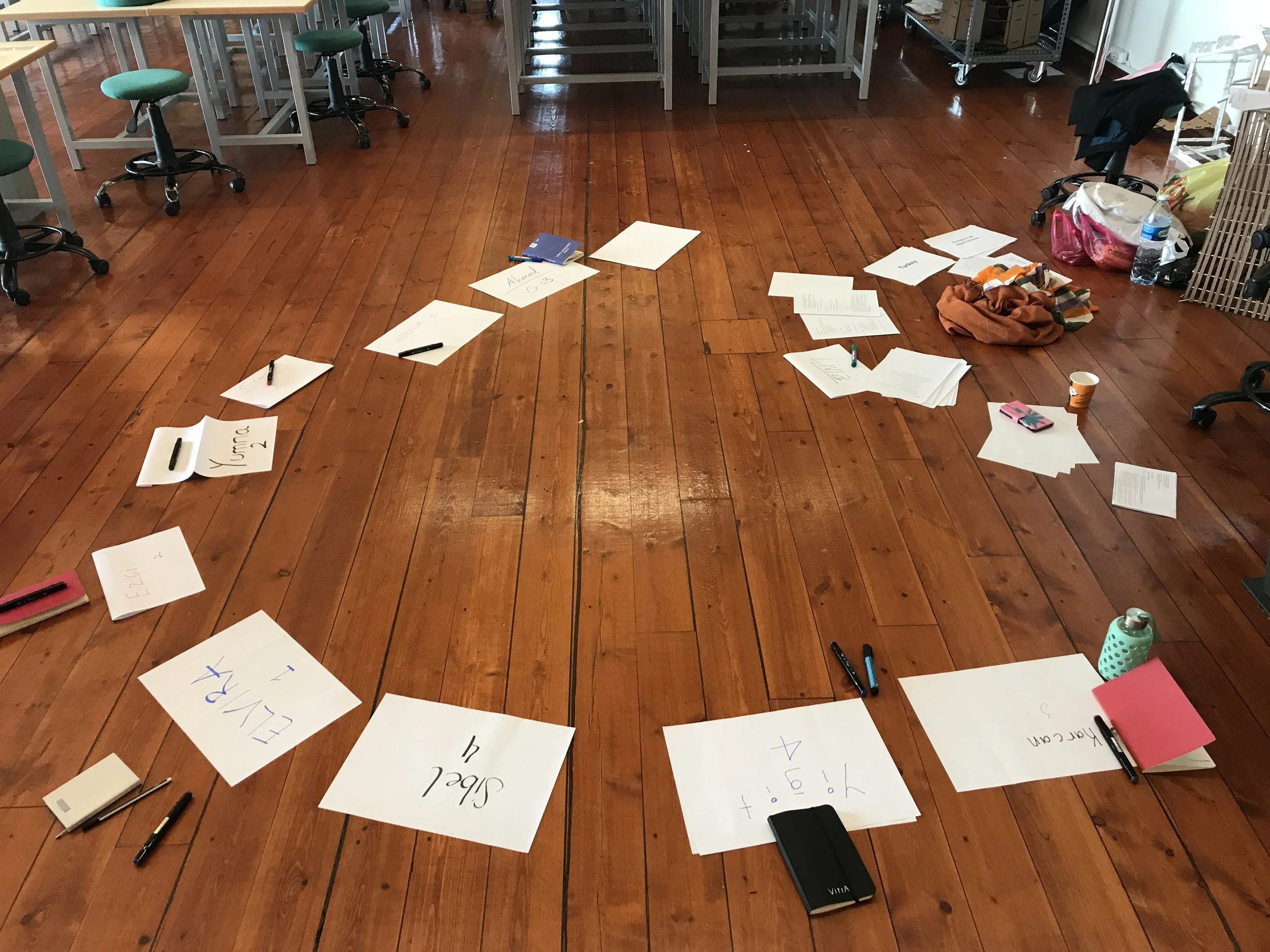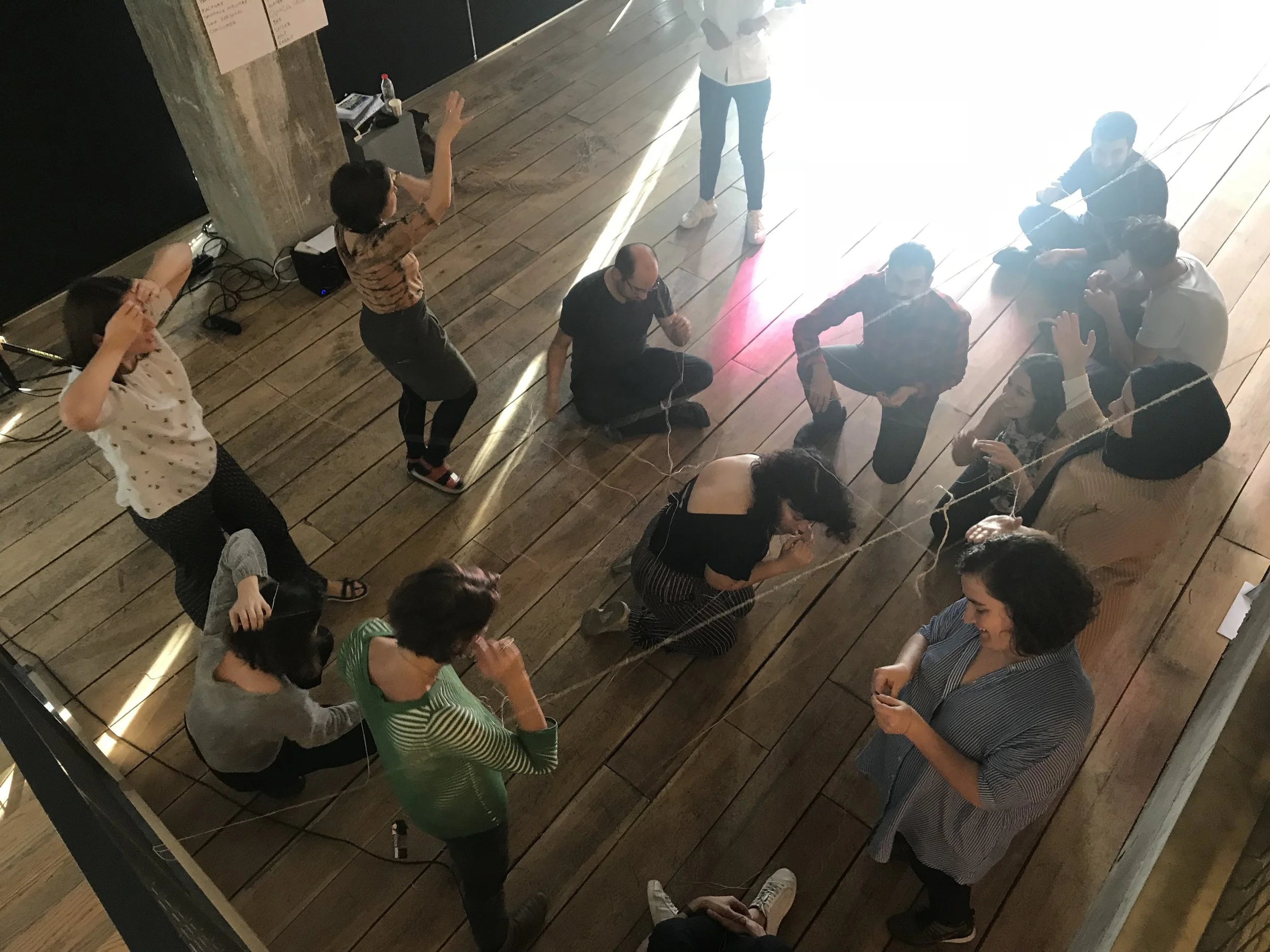Design Fault Lines
Fault lines appear on the Earth's crust when tectonic plates move releasing energy, causing earthquakes, and shaking off certainty and stability. In a similar vein, in this workshop participants exposes fault lines in design practice, discourse and education by exploring these activities critically, historically and experimentally. Over a period that varied between one to four days filled with gatherings, practical tasks and independent work, participants discussed and experienced how design – understood multifariously as a method of making and of knowledge production; as an organized profession and an institutionalized mode of education – has been practiced, taught, conceptualized and (re)defined historically across the globe. Honouring the ‘fault lines approach’, participants focused on crucial moments of change when external (or internal) forces challenged established design canons as well as analysing divisive issues that keep the design terrain uncertain, unstable, and exciting.
These workshops happened in London (2015, 2018), Istanbul (2018) and Sydney (2019); they were organised around learners’ interests given pre-selected broad themes for research, group work and presentations. Starting with a debate on the politically motivated agendas behind orthodox definitions of design, participants explored topics such: how design is situated among correlate creative practices; the status of nature and raw materials within design discourse; current challenges for design practice posed by climate crisis; the solidity of designed objects melting in the air of services, strategies, and social innovation, among other themes of equivalent seismic intensity. Ample engagement, off-site visits and practical activities have informed the teaching/learning methods behind this workshop.


